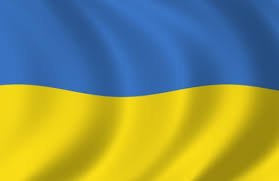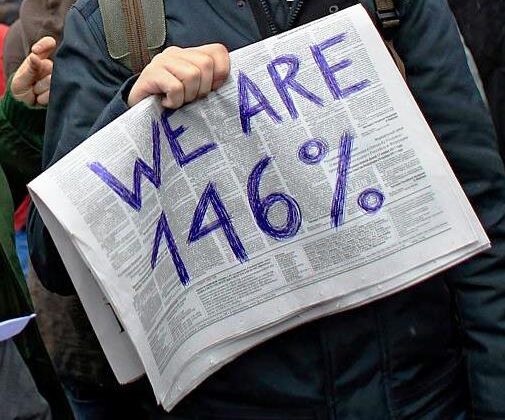I saw no major surprises in the recent parliamentary elections in Ukraine. Voters indicated their support for the reform perspective and movement toward Europe. The vote confirmed the consolidation of the society (at least the major part of it) around the need to have a stronger response to Russian aggression. This can specifically be seen by the strong showing of the “People’s Front” bloc led by Prime Minister Arseny Yatseniuk, who called for a tougher stance toward the Russian invasion. Apparently there was low enthusiasm about the so-called “ceasefire,” and Ukrainian dissatisfaction with de-facto losing control over certain eastern areas of the country. It is hard to see how Mr. Yatseniuk, who has high personal ratings, will not retain his position as prime minister.
President Petro Poroshenko’s bloc has done relatively well, but not the slam-dunk he experienced in the May presidential elections. This was expected and could be explained in various ways. First, expectations were too high for Poroshenko back in May. His leadership circumstances are extraordinarily difficult. Second, his presiding over the “ceasefire” and law on a special status for the areas which are not under control of Kyiv cost him. Third, people were disappointed with him not moving forward more decisively with reforms, cleaning the apparatus, fighting corruption, etc. This kind of “Yushchenko syndrome” is still in the air. Fourth, quite a few politicians who should have been prevented from having a position in parliament found a roof for themselves under his bloc, which was not popular.
The success of the Samopomich party (“Self-reliance”) is definitely a positive development. Here, you have a group that is not marred by the presence of discredited politicians. It is the “fresh air” everyone has been talking about. Their platform is clearly strongly pro-Ukrainian, but not too much to the right. Their focus is on concrete steps forward and not on fiery rhetoric. They have received noticeable support across regions and not just from intellectuals. Time will tell how “Samopomich” will fare in Ukraine’s parliamentary environment.
The “Opposition bloc” was destined to be represented in this parliament (as was the crash and burn of the “Party of Regions”). They have solid political experience and vast resources. Many members of this bloc are well known in their districts (though some of these areas do not have very good alternatives).
The “Radical party” of Oleh Lyashko did substantially worse than expected. Clearly, Lyashko’s radical populism was too much for voters, even considering the extraordinary times that the country lives in now. Ukrainian voters proved they are not naïve enough to follow his demagoguery.
The “Fatherland” (“Batkivshyna”) party of Yulia Tymoshenko also did not do very well. However, given Tymoshenko’s political experience, she might still be an influential figure in the new parliament. However, it seems that her prime political time is past.
By Volodymyr Dubovyk, Mechnikov National University, Odessa
————–
Also see Henry E. Hale’s Oct. 26 comment: Ukraine's Election: Hope and Concern.










